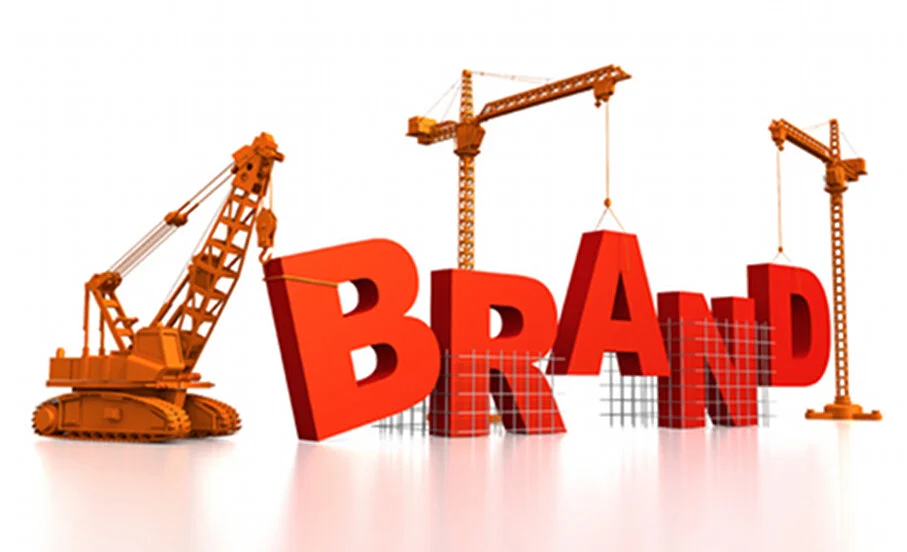How to rebuild ‘brand you’ for Expats
We have all experienced significant changes during the global pandemic, and for many Australians who were living and working overseas, it has made them rethink what is important in life. Their main thoughts have been to be closer to extended family and in a country that has incredibly low rates of infection and death have been compelling reasons to return home (lockdowns notwithstanding).
Returning to Australia after a period of time working overseas presents a whole range of challenges and takes a degree of forward planning. While there’s plenty of information out there about the practical aspects of returning (finding a job, financial implications, family and/or partner integration/reintegration etc) there’s surprisingly little about what expats need to do to reboot their personal brand across the various networks they want/need to.
Here are five tips for rebuilding your reputation, relevance and recognition.
1. Recognise that you need to rebuild ‘brand you’
If you’ve been overseas for longer than 3-5 years you are going to need to regroup and rebuild your personal brand. This applies to whether you are returning with your company or returning to start with a new business or to build a new business/consultancy.
The networks and connections you had when you left may or may not be in the same roles/companies. You will not have been top of mind for them in your ‘absence’ (and that’s what it’s perceived as), so you’re unlikely to be top of mind when you return.
Spend some time thinking through the networks you have, which ones you need to rebuild, who you can connect with, how and why. Plan to reconnect will in advance of your return. There’s nothing as inelegant as calling an ‘old’ contact a day or two after you’ve returned and springing your return and desire to reconnect on them.
2. Review your values
You’ve been away for a while, lived in another culture, experienced different business and work practices, adapted, grown and changed. You’re not the same person you were when you left, so it’s important to take stock of where you are at. What’s the same, what’s changed? What are your values?
Reviewing your values and what you value is important as it will impact who you choose to reconnect with, who you want to establish a new connection with, the company you want to join or create. It may even impact on where you choose to live and how you work.
For you to build a strong, clear personal brand your values and actions need to be aligned so you need to understand your values in order to determine what, where and who you work with.
As Warren Buffet said: “We can afford to lose money – even a lot of money. But we can’t afford to lose reputation – even a shred of reputation.”
3. Review ‘brand you’
Before you head off and connect with key people in your networks undertake a ‘Brand You’ audit. When was the last (or even first) time you did a Google search on your name? You might be surprised about what’s out there. Review what’s in the public arena about you and, if necessary update, delete, change it.
For most professionals a basic ‘Brand You’ audit might include the following:
LinkedIn (photo, About, posts, articles)
Industry and professional association bios
Charity and community links bios
Current company information, presentations, speeches etc
Conference organisations/events/presentations
You might be surprised what is available online through various platforms and channels. For example, many company presentations have found their way on to Slideshare (https://www.slideshare.net/).
On the other hand, if you don’t have a strong online presence you probably need to look at starting to build one. A good place to start is undertaking an audit of what you’ve written and if you want to publish and where. You might need to seek permission in some instances, or you may wish to rewrite or update presentations/speeches etc.
In world where information flows in real time all the time taking ownership and control of your online presence is a critical part of building and maintaining reputation and relevance.
4. Rebuilding connections and networks
It’s vital that you take a pro-active approach to rebuilding your connections and networks. This means way more than sending out the equivalent of what I call the ‘Arnie email’ – ‘I’m back.’ The reality is most of your former business associates, colleagues, industry, sporting, school connections won’t really care one way or the other if you’re back. Of course, your close network will, but not the wider network.
It’s important for you to determine what networks and connection opportunities you want to engage with as soon as you decided to return given that for most people there’ll be several months or longer before your actual return.
Once you’ve worked out the networks and connections that are important/relevant to you start engaging with key people/contacts early in your journey in a genuine way. This is very much a quality over quantity equation. Be selective and engage in an authentic and consistent way. Don’t under estimate the power of a phone call to start with. Re-establish a real connection rather than hiding behind an email.
And, when you’re ready to make the call be clear about what you’re calling about and how you can be of service to the person you’re calling. Clearly this conversation will vary depending on the period of time you have/haven’t been in contact. Most people are happy to reconnect and help in some way, it’s up to you to let them know how.
5. Be of service
While there’s a lot going on when you first return as an expat it’s important to make time to be of service to others, to give back. There will be numerous people helping you out so return the favour to others. Make the effort to become involved in a cause that you are passionate about and aligns with your values. It could be a school sporting committee, industry association mentoring program, community event, not-for-profit organisation. Good2Give is a great network (https://good2give.ngo/about/) as is Rotary. Many industry associations have Foundations attached . . . there’s no shortage of options and opportunities.
And, make sure you thank those who have helped you. A simple thank you 4-6 months after you’ve arrived will be gratefully received.
Rebooting your brand in COVID
Of course, renewing and rebuilding networks is hard in a COVID lockdown world, but it’s all the more reason to develop a clear strategy and plan for this. In a way COVID has made it way more acceptable/necessary for businesses to connect virtually. It doesn’t matter so much that you’re on the other side of the world when you start to reach out.
Just make sure you present well, that you’ve worked out where you are Zooming in from, and if it’s your bedroom or dining room table you’ve activated an appropriate background, that the lighting doesn’t make you look like The Abominable Dr Phibes coming up out of the crypt, that you are dressed appropriately, and you are relaxed but focused.
If you want to explore how to reboot ‘Brand You’ contact me Garry Browne - Brand New Brand You and/or purchase a copy of my book Brand New Brand You. Shop — Garry Browne










